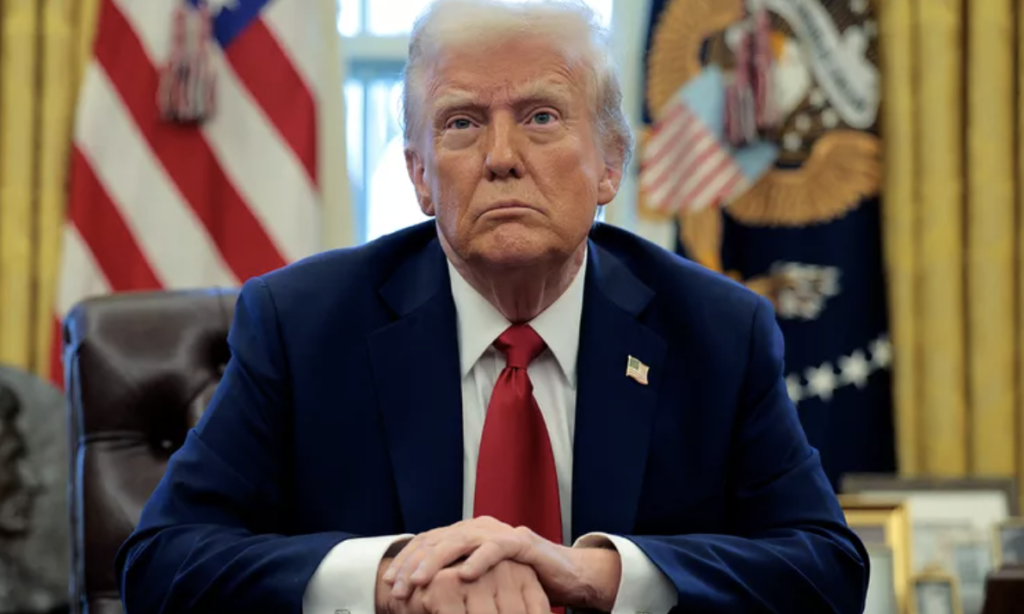
On June 4, 2025, President Donald Trump signed a proclamation reinstating a travel ban that prohibits entry into the United States for citizens from 12 countries, citing national security concerns. The ban, set to take effect on June 9, includes nations such as Afghanistan, Iran, Libya, Somalia, Sudan, and Yemen. Additionally, partial restrictions have been imposed on citizens from seven other countries, including Venezuela and Cuba.
The administration justifies the move by referencing a recent attack in Boulder, Colorado, involving an Egyptian national. Although Egypt is not among the banned countries, the incident has been used to underscore the perceived risks of inadequate immigration vetting.
Critics argue that the policy disproportionately targets Muslim-majority nations and could harm diplomatic relations. The African Union has expressed concerns about the ban’s impact on education, commerce, and diplomacy.
This policy marks a significant shift in U.S. immigration strategy, reflecting the administration’s focus on stringent national security measures.


